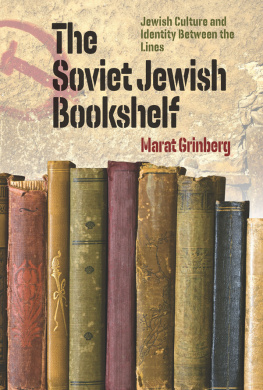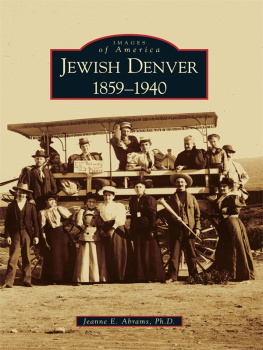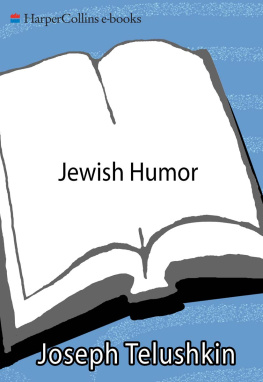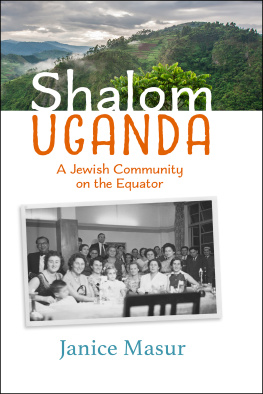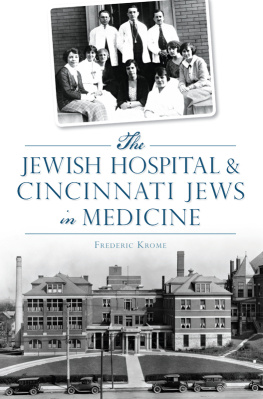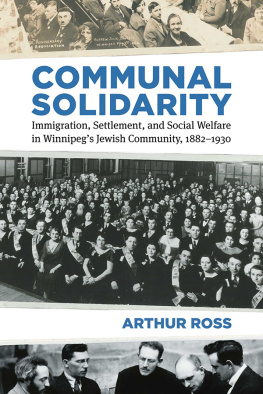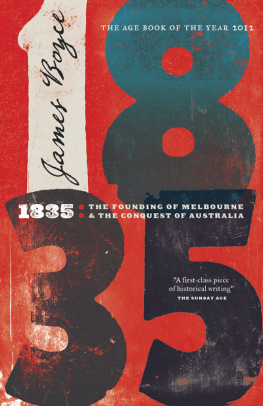Sue Silberberg is a historian, curator and arts administrator. She was educated at the University of Melbourne, Monash University, Deakin University and the International Centre for the Conservation of Cultural Material (ICCROM). She holds a doctorate in History from the University of Melbourne, where she has been a research fellow at the eScholarship Research Centre. Previously Silberberg was a museum curator and director in London and Victoria, specialising in historic buildings. She held senior government positions within the arts and was the director of the Cultural Festival for the 2006 Melbourne Commonwealth Games.
A Networked Community
Jewish Melbourne in the Nineteenth Century
Sue Silberberg

To my sons Louis and Ben
MELBOURNE UNIVERSITY PRESS
An imprint of Melbourne University Publishing Limited
Level 1, 715 Swanston Street, Carlton, Victoria 3053, Australia
www.mup.com.au

First published 2020
Text Sue Silberberg, 2020
Design and typography Melbourne University Publishing Limited, 2020
This book is copyright. Apart from any use permitted under the Copyright Act 1968 and subsequent amendments, no part may be reproduced, stored in a retrieval system or transmitted by any means or process whatsoever without the prior written permission of the publishers.
Every attempt has been made to locate the copyright holders for material quoted in this book. Any person or organisation that may have been overlooked or misattributed may contact the publisher.
Text design and typesetting by J&M Typesetting
Cover design by Philip Campbell Design
Printed in Australia by McPhersons Printing Group

9780522876345 (paperback)
9780522876338 (hardback)
9780522876352 (ebook)
Contents
Introduction
In 1860 Nathaniel Levi, head covered and swearing on an Old Testament, was the first Jewish parliamentarian to take his seat in Victoria.
Jews have been present from the outset of Australias colonisation and members of the community have been at the forefront of settlement in many of the Australian colonies. In what was to become Victoria, Jews were sponsors of the Port Phillip Association, investors in land at the first land sales, and early settlers across the district. Although the Jewish community of Australia has always been small (throughout the nineteenth century it constituted approximately 0.5 per cent of the population), members have participated widely in public life, perhaps the most high profile being Sir Isaac Isaacs, appointed the first Australian-born governor-general in 1931, and Sir John Monash, commander of the Australian troops in the First World War, while architects such as Nahum Barnet and developers such as Benjamin Fink were instrumental in shaping the fabric of Melbourne.
The Melbourne of the 1840s in which the first Jewish settlers found themselves was a small town, a mixture of free settlers and those for whom immigration had been under sentenceconvicts and ex-convictsestablishing an economy founded on the production of wool and supported by mercantile interests. Melbourne was established at a time of vast European migration, and the discovery of gold in 1851 stimulated a flow of new colonists, transforming the population and its economy. Included in this mass migration were several thousand primarily Anglo-Jews, settling on this new frontier in the burgeoning city of Melbourne, which quickly rose to be one of the wealthiest cities in the world.
These Jewish settlers fashioned a society that was at once integrated in the wider community and proudly Jewish, emphatically positioning themselves as equal citizens of the metropolis. They expressed the values of nineteenth-century Jewrydistinct, rather than abnormalconsidering themselves a part of the ethnic heterogeneity of the colony. For those arriving in Melbourne, their British birth provided a normalcy of settlement and a shared settlement experience, expressed through strong and repeated loyalty to Britain and her empire; yet their cosmopolitan values allowed an outlook and connections independent of those of other British settlers. These proved beneficial not only for personal and professional gain, but were also employed in the international positioning of this emergent society. A tiny community, these Jews influenced the development of the city intellectually and physically: as arbiters of public policy and public opinion, designers and builders, politicians, newspaper proprietors, international correspondents, businessmen and financiers. As with other Jewish communities in the large centres of the world, they responded to the freedoms of an emancipated society, maintaining their religious beliefs while manifesting contemporary social values and fashionable appearance.
As British settlers, or immigrants to a British colonial experiment, these settlers understood themselves to be part of the British Empire, but this very Britishness was formed from a variety of global forces, which drew settlers from across the world to form a new British colony in the Antipodes and bringing with them a new sense of connectedness outside that of the wider society. Bearing these frameworks in mind, this book considers how an acculturated Jewish community, settling as equal citizens in a new society, created an identity and Jewish community reflective of their values and aspirations. As engaged citizens, this group used its considerable networks to influence the intellectual and physical fabric of the city. This book therefore pays critical attention to the ways in which this acculturated community came to a novel settler society without pre-existing communal institutions. It further considers how the institutions they created and their social interactions exhibited their values, how they assisted in the intellectual and physical formation of Melbourne by employing the networks of empire and of the Jewish diaspora, and how they ultimately became active participants in framing a new and wealthy society.
Urbanism for Jews has been a multifaceted beast. It has been structured as a space of confinement in ghettos and mellah, transforming in the nineteenth century into a place of promise and modernity. Yet it has also simultaneously been a threat to Jewish identity and a stimulation to the theological reimagining of culture and religion through the emergence of new pluralistic forms of Judaism. This dichotomy has led scholars to see an interdependence between urbanisation and secularisation.
Similarly, the emancipation of Jews in the two great urban centres of European Jewry, London and Amsterdam, allowed participation in the distractions of the modern world, without their Jewish communities abandoning their religious affiliation.
In pre-emancipatory societies Jews were excluded from formal participation in political life as their political status was inseparable from their religious status. There was no Judaism outside the Judaism of the kehillah
Australian Jewry provides a unique illustration of the urban Jewish experience. As Jews flocked to the large cities of Europe in the nineteenth century, Melbourne became an alternative for those brave enough to sail vast distances into the relatively unknown. Unlike the settler society of America or the large cities of Europe, where the new arrivals came from small rural communities, Victoria was settled by predominantly urban English Jews. In contrast, for many European immigrants, England had been a stepping stone of forward migration to the colonies. For some, this was an ongoing and peripatetic existence, moving between the English-speaking colonies, seeking economic improvement and familial connections.
Next page


